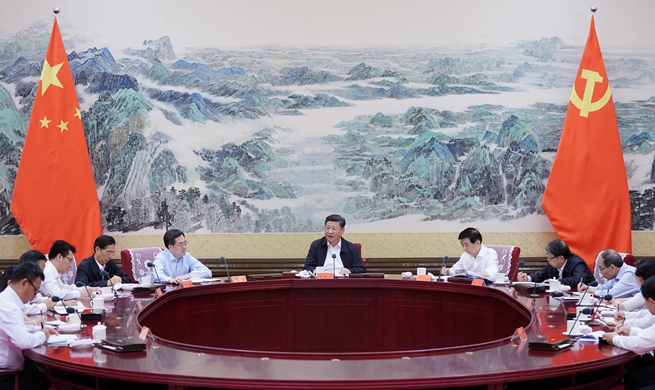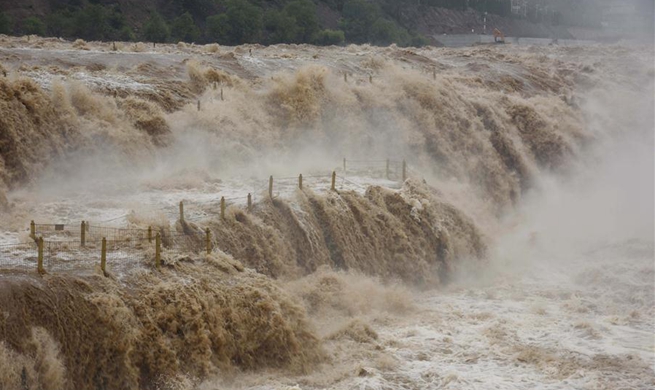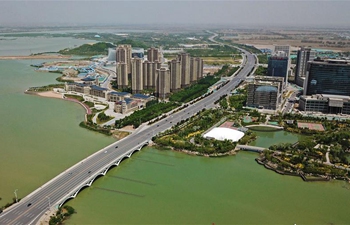YANGON, July 3 (Xinhua) -- Myanmar is stepping up anti-corruption activities with the country's Anti-Corruption Commission (ACC) planning to form the Corruption Prevention Units (CPU) in government departments in order to prevent corruption.
Chairman of the ACC U Aung Kyi said on Monday at an anti-corruption declaration ceremony that the commission will carry out three activities to prevent corruption -- formation of CPUs, drawing up of codes of conduct and implementing corruption risk assessment.
The corruption risk assessment is to scrutinize the government departments and private organizations.
By conducting these activities, it can prevent a monopoly in organizations, reduce individual power play and encourage accountability, U Aung Kyi said, adding that the commission will provide detailed technicalities for all three process in preventing corruption and will continue to conduct investigation and take legal action.
U Aung Kyi further revealed that the commission is also making research to conduct awareness activities related to public morality and to provide teaching subjects in primary education, introducing edutainment programs so that there will be no breakdown in children's morality with regard to corruption.
Teachers' handout books will also be distributed and teaching methods in the form of stories, poetries, dramas and singing will be used, he said.
Noting that corruption, which is connected with poverty, can affect the business and administration sectors, he stressed the necessity to control corruption in the economic sector as the economy grow will decline when corruption is high and poverty increases with income disparity becoming high.
The administrative power will also reduce when corruption is high and poverty rises with income inequality, he warned.
Myanmar's ACC and the Union of Myanmar Federation of Chambers of Commerce and Industry (UMFCCI) signed a joint declaration in Yangon on cooperation in fighting corruption on Monday.
The signing is aimed at developing the country's economy and morality practice among private enterprises as well as curbing corruption.
UMFCCI Chairman U Zaw Min Win stressed that fighting against corruption can build a sound business environment that could attract more foreign investment on mutually beneficial basis.
ACC Chairman U Aung Kyi underlined that the signing is a successful cooperation.
Claiming that it has drawn up a strategic work plan for 2018 to fight corruption, the ACC said it has received 4,516 complaint letters from across the country since the opening of its office on Nov. 30 last year.
The letters complained about department action, management and administration error, land management, judiciary cases, land acquisition, abuse, bribery and wilful misconduct.
Myanmar signed the UN Convention against Corruption in December 2012 and its Anti-Corruption Law took effect in September 2013.
The ACC was formed in 2014 but was reformed in November 2017.















